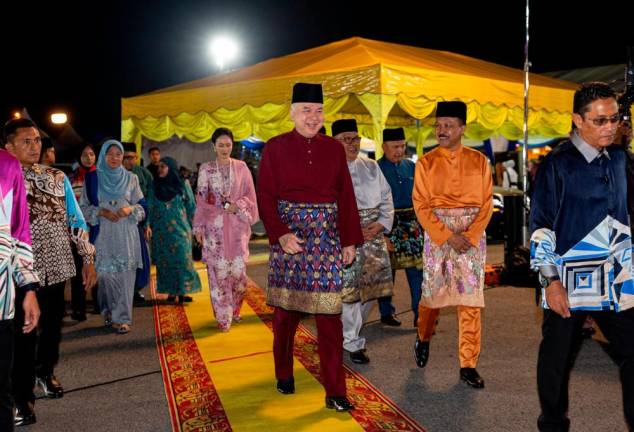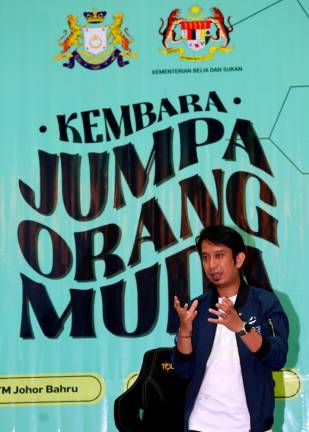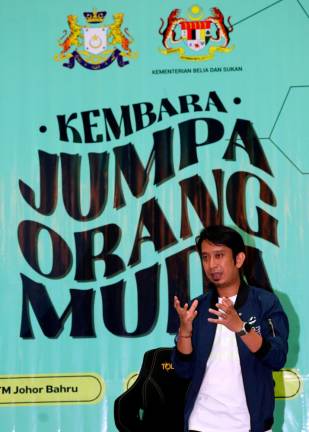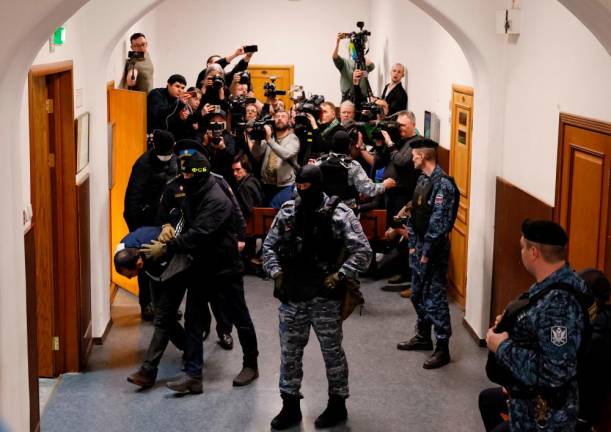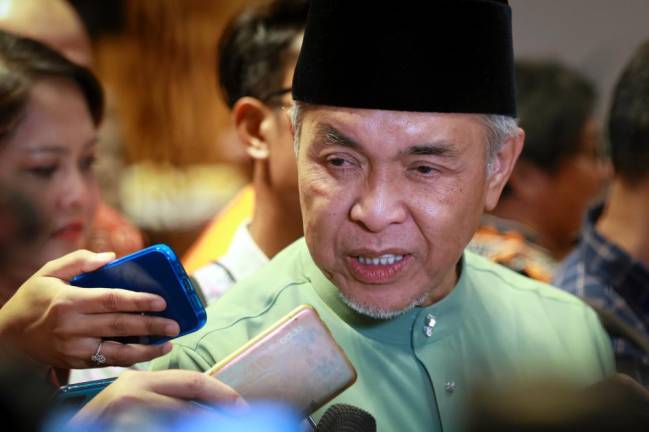CARETAKER Prime Minister Datuk Seri Ismail Sabri Yaakob’s biggest challenge has long been staring him in the face – it is the nation’s incredible slowness in arresting creeping dangers until it gets too late.
Complacency, lack of urgency, groundless optimism, absence of long-term strategic planning and reluctance to embrace an inclusive spirituality are the greatest weaknesses of both the rakyat and the government.
What have we been complacent about? The most striking instance is the current pandemic. Some nations manage to contain the spread of the Delta variant by clamping a full lockdown when daily cases are still below 10. Catch the rats when they are just one small pack.
Malaysia imposed a full movement control order (FMCO) only on June 1, a day after daily cases registered a high 6,824. The rats had by then taken over the city as, two weeks earlier on May 15, daily cases reached 4,140. Go back to April 1, when daily cases stood at 1,178. That is the day alarm bells should have rung and pest control summoned to duty immediately. FMCO should have been imposed on April 5, not June 1.
On April 1, six new deaths were recorded, bringing the total to 1,278. On May 31, the eve of FMCO, there were 67 fatalities bringing the total to 2,796 – more than double the figure on April 1. On Aug 15, there were 282 deaths, with the cumulative figure at 12,510. Between April 1 and Aug 15, we added 11,232 deaths. At least 10,000 of these lives were lost simply because we lacked the sense of urgency to act fast.
Before the next general election, another ruinous disaster may strike Malaysia if we stay complacent. Key politicians have won their race for position, but in the broader view of UN Secretary-General Antonio Guterres, the world is “losing the race” to avert climate disaster. This fear has been confirmed by the Intergovernmental Panel on Climate Change which, some months ago, issued a landmark draft report warning that the worst is yet to come.
As reported by theSun (June 24), “species extinction, more widespread disease, unliveable heat, ecosystem collapse, cities menaced by rising seas – these and other devastating climate impacts are accelerating and bound to become painfully obvious before a child born today turns 30”.
A month later, scientists declared a worldwide climate emergency and warned that the Earth’s “vital signs” had deteriorated to record levels. They noted an unprecedented surge in climate-related disasters, including flooding in South America and Southeast Asia, as well as record-shattering heat waves. Let us in this article just focus on one climate impact unliveable heat and record-shattering heat waves.
Few Malaysians walk around with a thermometer in their pockets. They would have failed to notice that on several dry-spell days early this year, temperatures in the shade hit 36°C – just as they did last year. Back in the 1960s, temperatures on the hottest days of the year in the Klang Valley could hit 31°C, but no higher. Malaysia is 5°C hotter now. But only a handful of Malaysians know that 36°C is borderline. Cross it and 40°C becomes certain.
You have read about the US state of Oregon’s life-threatening heat wave recording daytime high of 44°C in June. Nobody died. In South India the same month, there were deaths when temperatures crossed way above 36°C but had yet to reach Oregon’s level. The killer is heat combined with humidity in a phenomenon called “wet-bulb temperature.” Malaysia exhibits the same “wet-bulb temperature” as South India.
In the coming 2-3 years, Malaysia will cross the borderline with temperatures moving to 37°C-40°C. In this range, there will be near-death experiences. Beyond 40°C is the death zone. Are we prepared for it? No. We are not afflicted by just complacency, lack of urgency, and groundless optimism. There is also a critical absence of long-term strategic planning.
Think back to the happy days of July-August 2020. We smiled complacently when news broke that Singapore was seeing large clusters of Covid-19 cases in its foreign worker dormitories. On Aug 27, 2020, Malaysia recorded only five cases nationwide. We ignored the fact that there are eight times more dormitory-housed foreign workers in Malaysia than Singapore, and their housing conditions here are much worse.
Two months later, the Grim Reaper crossed over to Malaysia. Infection cases among foreign workers shot through the roof in October-November and spread to communities, laying one of the cornerstones for the current wave. The government could have deployed government-linked property developers to take full control of the dormitory housing sector and resolve the problems quickly.
Guterres has described Covid-19 as a “wake-up call” for climate change. Does Malaysia have an alarm clock? Yes, and the clock has six batteries – Islam, Christianity, Hinduism, Buddhism, Sikhism, Taoism. All their scriptures assert humanity’s stewardship of the planet. But these six batteries are not wired together, and so the clock does not function. What is this connecting wire? It is the original faith of the Orang Asli.
Analysts talk of developing a whole-of-society, whole-of-nation approach, and yet they leave out the Orang Asli. It is their guardianship of the forest, their connectivity to God through nature and their indigenous spirituality that is the missing link in our nation’s failure to galvanise mass public action in this climate emergency.
The prime minister should courageously think out of the box and establish a National Interfaith Council for Climate Action, with the Federation’s official religion as chairperson and the indigenous faith of the Orang Asli as the advisor of this council.
Christianity, Hinduism, Buddhism, Sikhism and Taoism will be the council members. Jains and Bahais should also be invited to sit in the council.
The council’s function will be to spread awareness of the climate emergency through sermons and information packs distributed in all places of worship. It should then organise programmes for collaborative action that will demonstrate the unity of faiths to repair our climate. This is the right way of salvation.
The writer champions interfaith harmony.
Comments: letters@thesundaily.com





